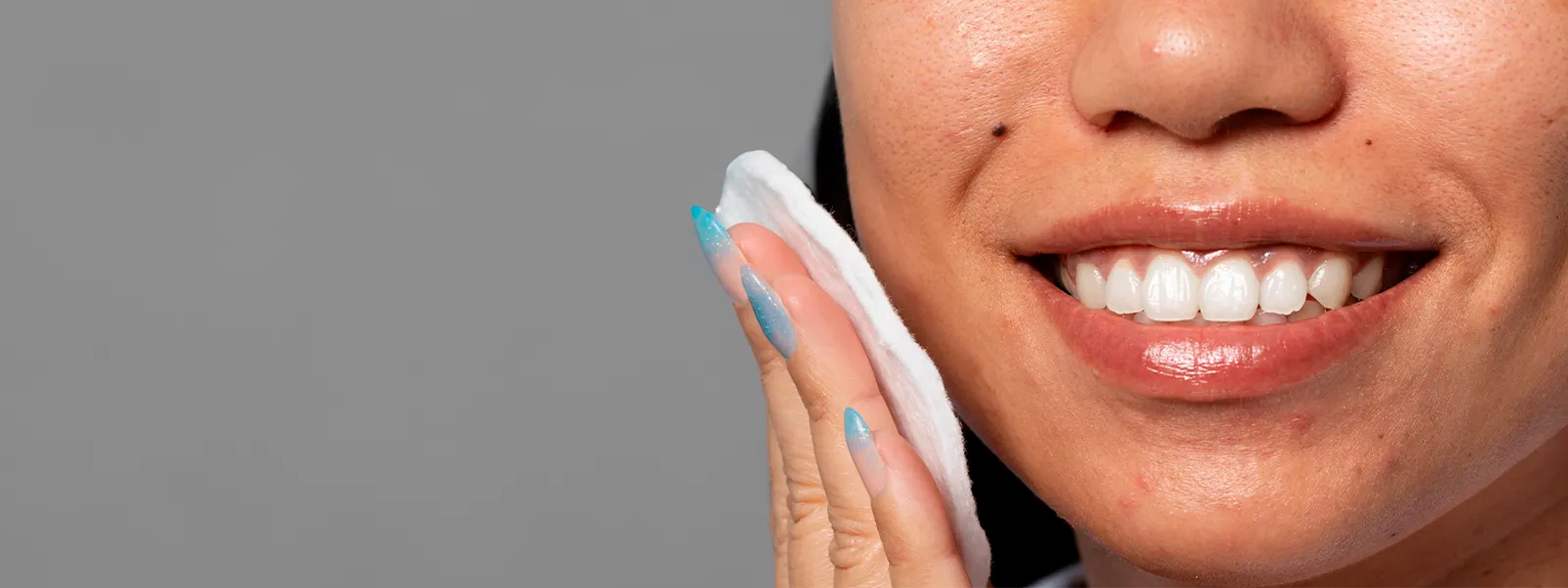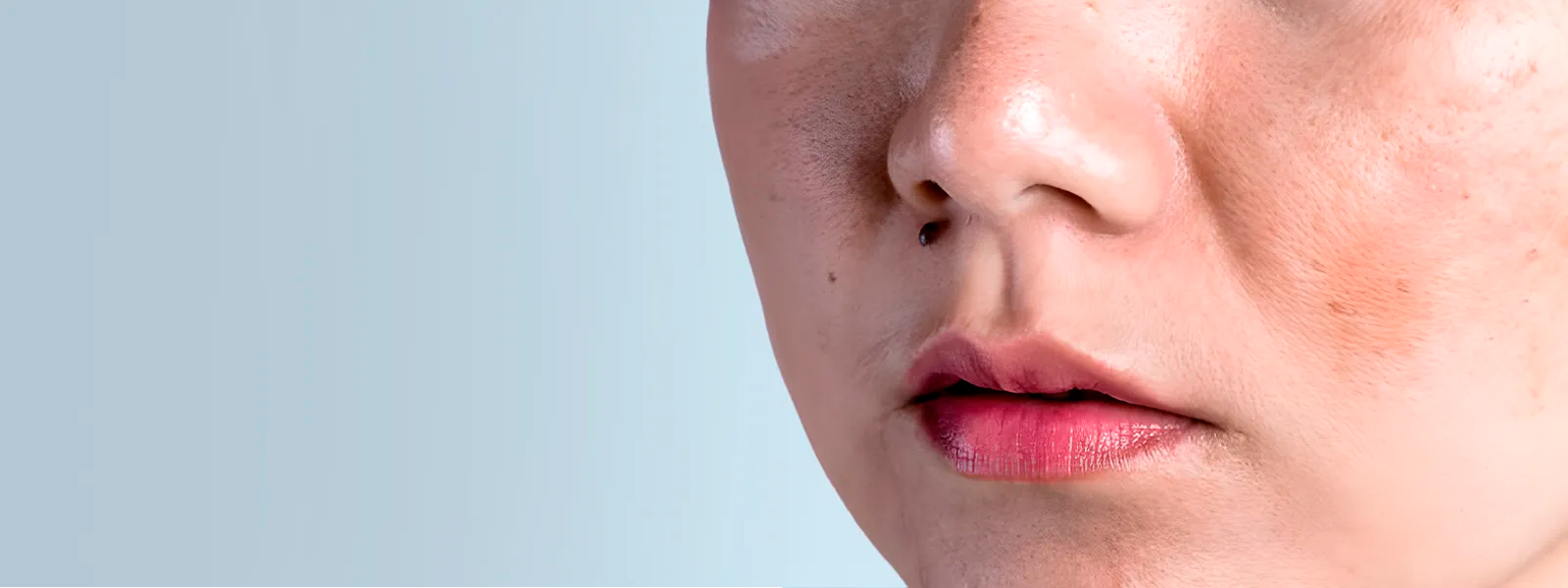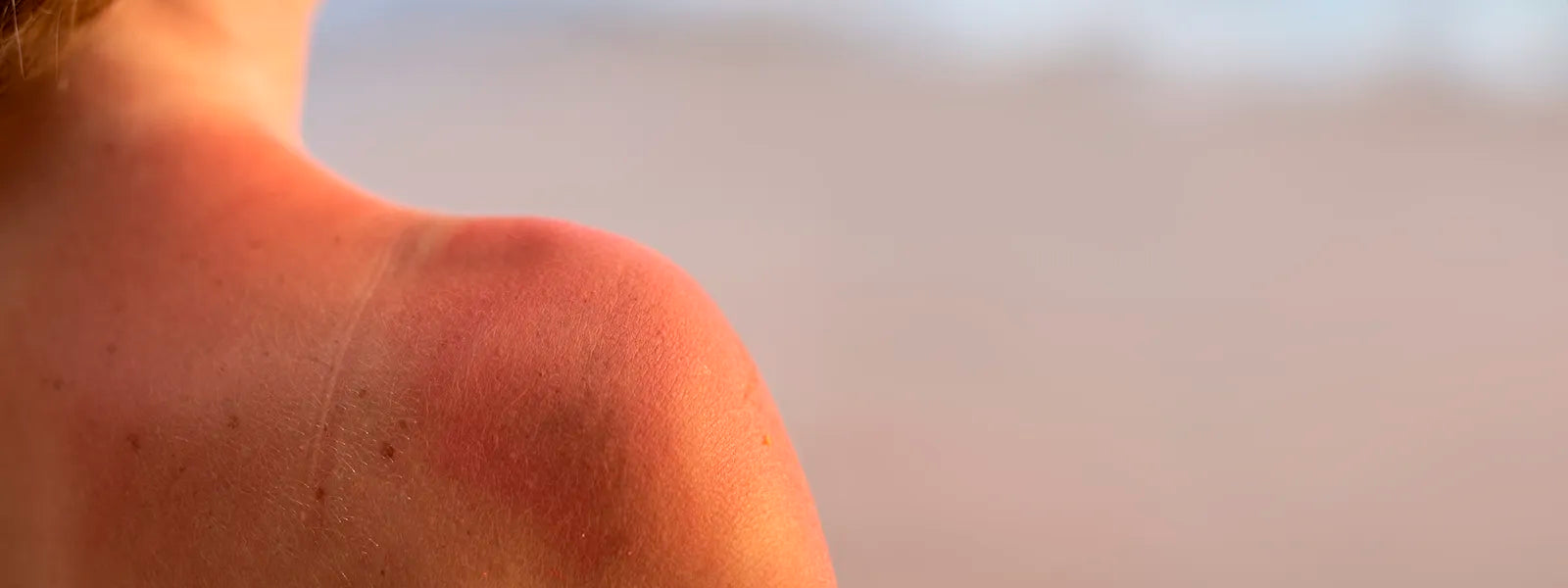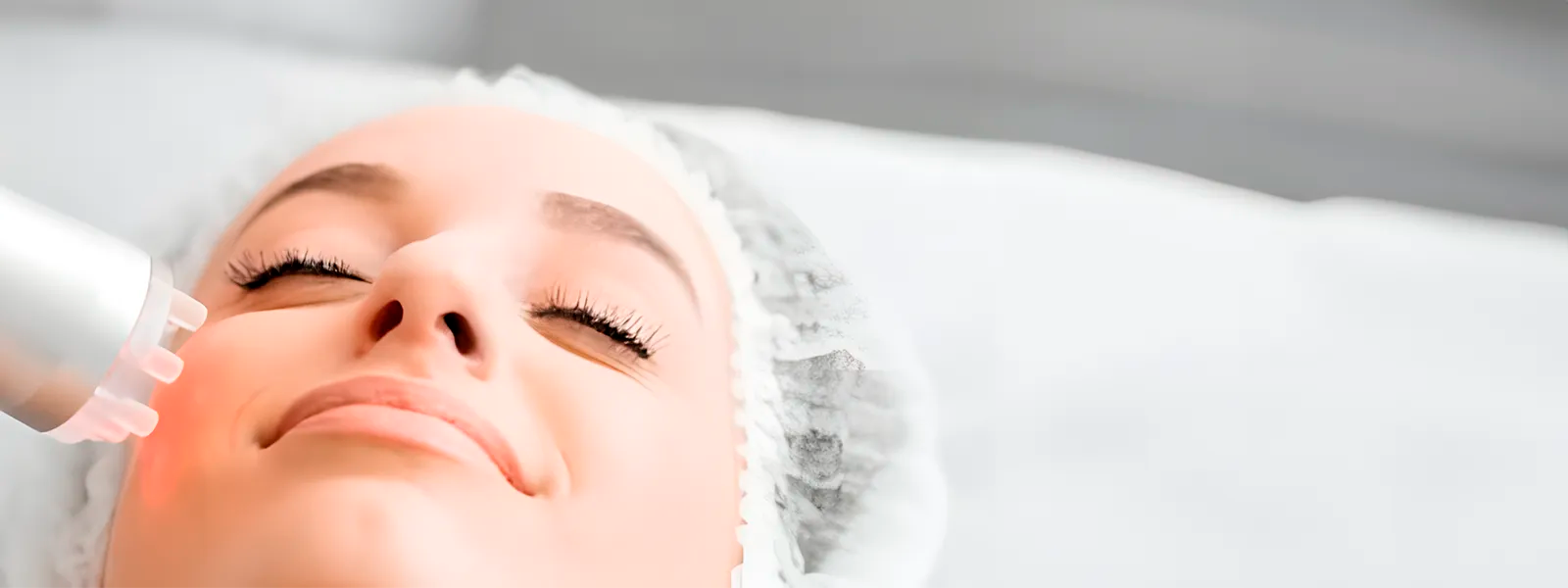Each individual has unique skin, leading to slightly different skincare routines they follow daily. However, there are a few fundamental steps that every skincare routine should include. It's beneficial to have separate morning and evening routines to address the various challenges skin faces throughout the day. The morning routine should focus on maintenance and protection, while the evening routine should concentrate on cleansing and rejuvenation. A good rule of thumb when applying skincare products is to go from lightest to heaviest, allowing the products to effectively penetrate and nourish the skin.
Before establishing a skincare regimen, it's crucial to know your skin type to ensure the use of appropriate products. Sensitive skin may sting or burn after skincare product application and is more prone to breakouts. Normal skin, usually clear, tolerates most products well. Dry skin, characterized by flakiness, itchiness, and roughness, benefits from thicker creams, oils, and hydrators. Oily skin, which appears shiny and greasy, responds best to lightweight products. Combination skin features areas that are either normal or dry alongside oily patches.
What Is A Basic Morning Skincare Routine?
A morning skincare routine should protect the skin from external factors as you go about your day, focusing on hydration and protection. Typically, products should be applied from thinnest to thickest consistency to maximize impact. A basic routine includes three steps:
- Cleansing: Removes overnight buildup of dirt and grime. Massage the cleanser into wet skin, rinse with water, then pat dry with a clean towel. Opt for a cleanser with a low or neutral pH to avoid disrupting the skin’s acid mantle or causing dryness.
- Moisturizing: Strengthens the skin barrier and hydrates. Choose a moisturizer based on your skin type—cream or balm for dry skin, thick cream for normal or combination skin, and lotion or gel for oily skin. Apply a dime-sized amount, warm it in your hands, and spread in upward motions across the face.
- SPF: Essential for protecting against UV rays which can lead to deeper skin damage, skin cancer, and signs of aging. Use a broad-spectrum SPF 30 or higher as recommended by the American Cancer Society, applying it as the last step of your skincare routine and reapplying every two hours in the sun.
What Other Steps Can Be Added To A Morning Skincare Routine?
Additional steps based on skin type and condition may include oil-based cleansers, water-based cleansers, toners, serums, spot treatments, eye creams, and face oils. Each product serves a specific purpose—from deeply cleansing with oil-based cleansers to treating specific issues with spot treatments and serums. Consult with a dermatologist to avoid negative reactions when combining active ingredients.
- Oil-based cleansers include a blend of oil, surfactants and emulsifiers and dissolve oil produced by the skin. They are great at unclogging pores, and removing waterproof sunscreen or makeup. However they can cause issues for individuals with acne and there is some evidence that oil-based cleansers can cause a 1-2 week purging period where users experience breakouts as the old oil in the skin is cleansed.
- Water-based cleansers are the most common type of cleansers usually containing surfactants which allow water to wash away dirt and sweat.
- Micellar Water is a great cleanser alternative that does not contain soap but instead contains molecules that attract debris and oil without drying out the skin.
- Toners are designed to remove dead cells and dirt, reduce the appearance of pores and replenish the skin. If individuals have dry skin they should avoid toners because they can cause irritation.
- Serums are powerful products packed with active ingredients. For example, antioxidant serums have high concentrations of vitamin C or E which help shield the skin from free radicals. Individuals with acne-prone skin may benefit from retinol or retinoids. When applying serums it is important to be careful about which ingredients are being combined to avoid unnecessary irritation. Individuals should consult with their dermatologist to avoid potential negative reactions.
- Spot Treatments are a good way to treat a blemish. Be sure not to apply a spot treatment to an open blemish or it will only exacerbate the problem.
- Eye Cream. The skin around the eye is a lot thinner and more delicate than the skin on the rest of the face. This makes it more prone to signs of aging like fine lines and wrinkles. To apply an eye cream, place a small amount on the ring finger and dab softly onto the skin.
- Face Oil can help lock in hydration and help moisturize the skin barrier. However it can also cause breakouts.
What Is Reverse Cleansing?
For sensitive skin, reverse cleansing can be beneficial. It involves four steps: 1. Moisturize with products containing ceramides and squalane. 2. Cleanse with a gentle cleanser. 3. Moisturize again. 4. Apply SPF. This method helps protect the skin’s essential proteins and minimizes irritation.
What Is A Basic Evening Skincare Routine?
An evening routine focuses on rejuvenating and repairing daily skin damage with three main steps:
- Cleansing: Removes daily dirt and debris.
- Spot Treatment: Best applied at night to work over several hours.
- Night Cream or Mask: Focuses on cell repair and strengthening the skin barrier.
Depending on specific skin issues, you might add clay masks, exfoliators, acid treatments, hydrating serums, face oils, and face masks. Each provides targeted benefits, from clearing pores with exfoliators to deeply hydrating with serums and face masks.
- Exfoliators and clay masks are great tools to clear pores, remove excess oil and dead skin cells. However, overuse of exfoliators can irritate the skin and cause skin sensitivity, so they should only be used sparingly.
- Acid treatments can encourage cell turnover and reduce the signs of acne, scarring and aging. It is probably best to start with glycolic acid which helps prevent the breakdown of collagen before considering salicylic acid which helps reduce acne or hyaluronic acid which moisturizes the skin. Acid treatments can cause skin sensitivity and sun sensitivity. Additionally there may be contraindications when mixed with other ingredients so users should consult their dermatologists.
- Hydrators including hydrating serums and hydrating mists can help replenish cell hydration levels. This is especially important for individuals with dry skin.
- Toners refer to a large range of products meant to reduce oiliness in the skin and shrink the appearance of pores. Some old school toners contain alcohol that can irritate and dry out the skin. But modern gentle toners, when used correctly, provide much needed nutrients and help remove dead cells and dirt.
- Facial oils are great at locking in hydration and can even out skin tone. These oils are especially useful for individuals with dry skin. However for some users, facial oils can also clog pores and cause irritation.
- Face masks are great tools to help with cell repair. These products can deliver highly concentrated treatments to the skin and are great for dehydrated skin. However, face masks are best thought of as boosters and are a nice treat but not essential to a skincare routine.
When developing morning and evening skincare routines, start simple to avoid over treating the skin. Consistent use over 6-8 weeks is typically needed before noticing visible results.
Sources:
https://www.aad.org/public/everyday-care/skin-care-basics/care/skin-care-tips-dermatologists-use
https://www.healthline.com/health/beauty-skin-care/order-of-skin-care
https://www.nytimes.com/article/skincare-routine.html





Leave a comment (all fields required)